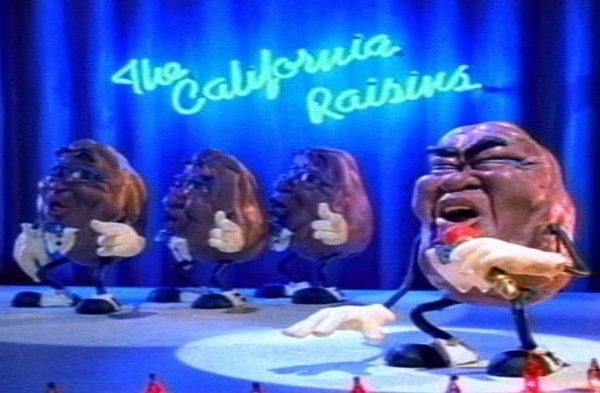If you were a kid growing up in the ’80s (or weren’t but are obsessed with ’80s entertainment), you likely spent at least one Saturday morning watching the California Raisins cartoon or had a few plastic figurines of the wrinkly raisin musicians. The group was a pop-culture staple for years, but through our modern lens, we’re not so sure the whole concept of Motown singers disguised as dried fruit was really “woke.” In today’s deep dive, we’re delving into the question: Were the California Raisins created because of systemic racism? Spoiler alert: If you were a fan, you probably won’t like the answer.
Check out Mandatory merch at our online shop!
Cover Photo: YouTube
Study up: The Mandatory White Guy’s Guide to Being a Supportive Ally to the Black Community
Mandatory Inspire: Celebrities Who Stand Up to Help the Black Community in Wake of George Floyd
Follow Mandatory on Facebook, Twitter, and Instagram.
California Raisins
-
The California Raisins were originally a marketing campaign, not a band.
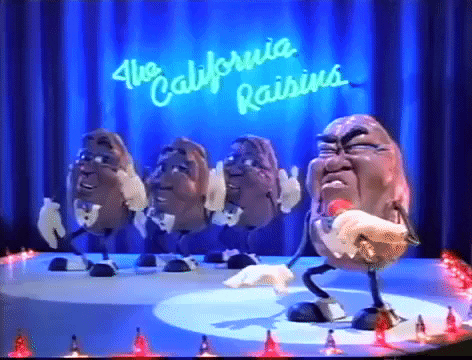
The California Raisin Advisory Board (CALRAB), a trade group of 5,000 raisin growers in California’s Central Valley, commissioned ad agency Foote, Cone & Belding to boost sales. While consumers were aware of the health benefits of raisins – they’re high in fiber and iron as well as other vitamins and minerals and can even help strengthen bones and regulate digestion –they didn’t have an emotional connection with the dried fruit. CALRAB dropped $5 million to change that.
-
The California Raisins were created with Motown in mind.
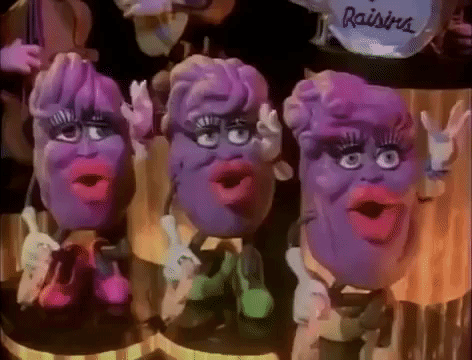
Seth Werner, a 31-year-old copywriter at the aforementioned ad agency, was the one who matched the dancing raisins with the old Motown hit "I Heard it Through the Grapevine." We’re going to assume that he did so because of pun-tastic pairing, not because he was imagining black Motown singers as raisins, but we’re also going to assume Werner was white, which might mean there was some sort of racial association going on. We just don’t know.
-
A white guy was behind the California Raisins’ design.
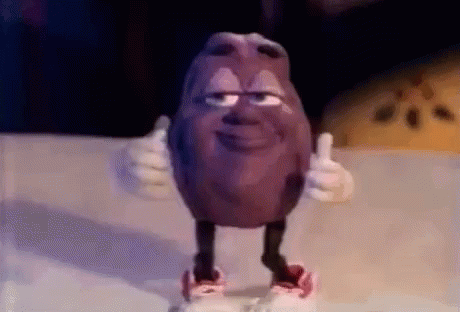
The California Raisins were created via Claymation, a term coined by Will Vinton, an Oscar-winning animator who also designed the wrinkled fruit group. Their trademark look included thick eyebrows, full lips, white gloves, and bulky sneakers. They also occasionally wore too-cool-for-school sunglasses and tuxedo-esque outfits.
-
The California Raisins’ sound was informed by black musicians.
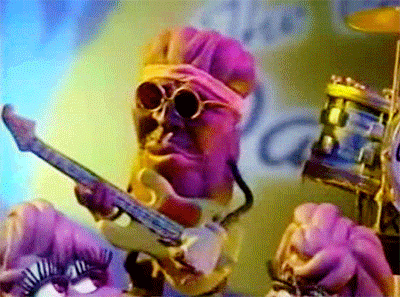
Buddy Miles, also known as the drummer for Jimi Hendrix, was the musical force behind the California Raisins. As the fruit group gained popularity, other black musicians wanted in, too, and they soon incorporated Michael Jackson and Ray Charles into the mix.
-
The California Raisins weren’t the first anthropomorphic food.

The California Raisins weren’t the first marketing scheme to imbue a food product with human traits. Chiquita Banana, with all her offensive Latino culture appropriation, became an advertising success in the 1940s. There was Mr. Peanut, the Pillsbury doughboy, the Kool-Aid man, Twinkie the Kid, the Cinnamon Toast Crunch cereal squares, M&Ms candies, and the movie theater concessions stand characters, just to name a handful. But none of those had quite the level of racial connotation as the California Raisins.
-
But the California Raisins were one of the few advertising mascots to become a runaway hit.

The California Raisins commercials were so popular that they spun off into a cartoon and a Christmas special. They went on to release four albums, landed on the Billboard Hot 100 chart, and were nominated for an Emmy. They also partnered with Post Raisin Bran and Hardee’s as well as spawned a toy line.
-
The California Raisins got called out…eventually.
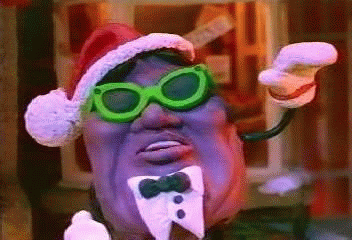
The group appeared on Refinery 29’s "10 Offensive Cartoons of Our Youth" list for being "a bunch of dudes with soulful voices who go around belting out Motown classics while wearing little white Al Jolson gloves." (This is somewhat ironic as Refinery 29 itself is now under fire for its racist culture.) The California Raisins were also inducted into the Jim Crow Museum of Racist Memorabilia at Ferris State University. That's not the kind of legacy any mascot wants to leave.
-
The Takeaway
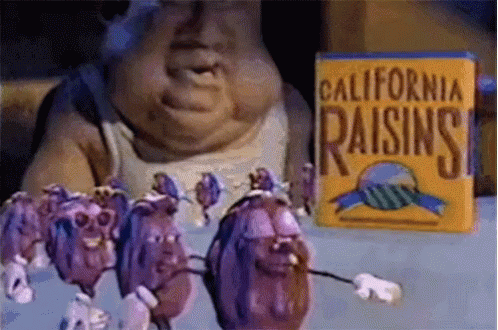
Maybe the California Raisins weren’t created from racist intentions, but systemic racism in the white-dominated advertising and entertainment industries certainly allowed them to flourish. There is something disconcerting about depicting Motown singers as raisins. It leaves a bad taste in our mouths.
Times are different now and we’re all taking a closer look at how we approach issues of race and cultural appropriation. A pitch like Werner’s probably wouldn’t get green-lit in today’s culture (at least, we hope it wouldn’t). By all means, make the raisins sing and dance, but compose an instrumental bop that doesn't bear the racial connotations Motown does. Also, don't model anthropomorphic food after racial stereotypes. Sorry, California Raisins, but we've concluded that you deserved to get canceled.
